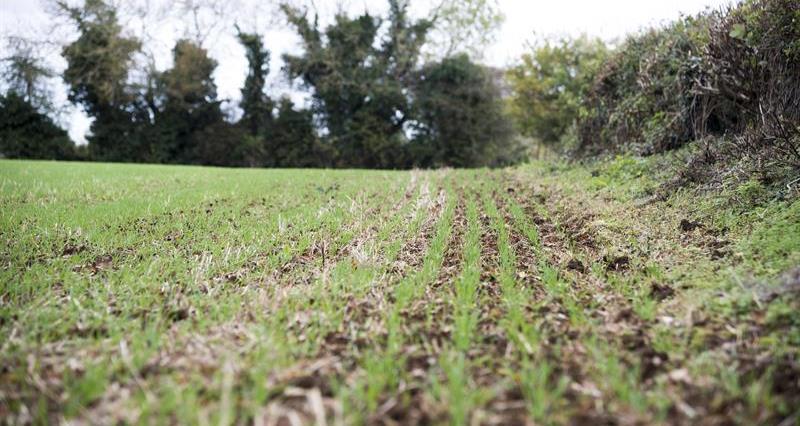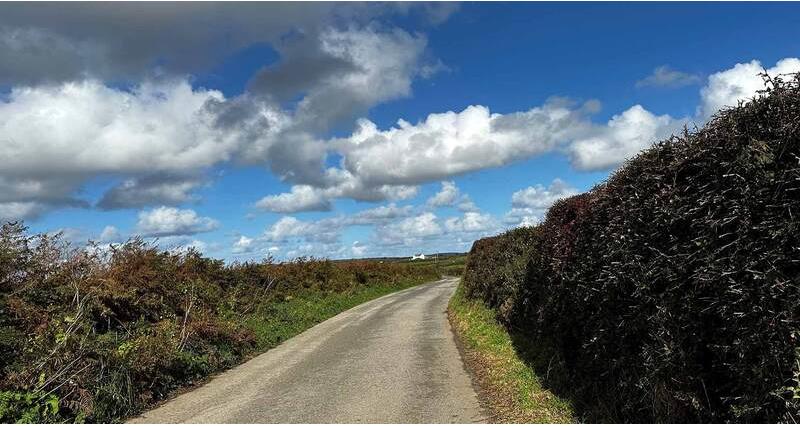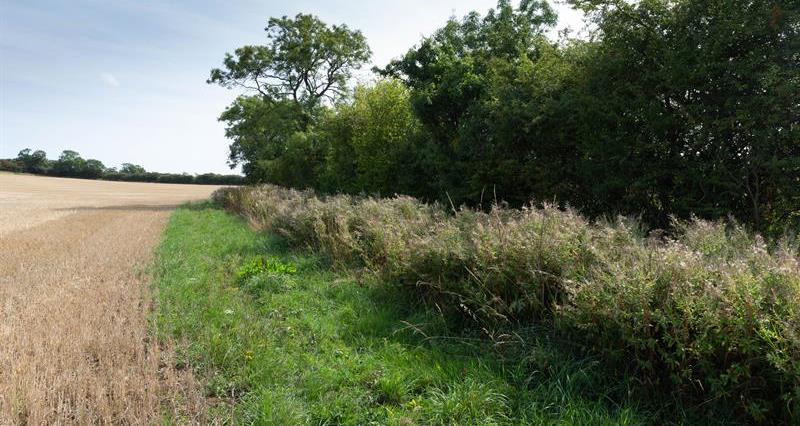On 23 May 2024, new domestic legislation was passed which now govern the rules surrounding hedgerow management in England.
These regulations include a no-cutting period from 1 March – 31 August (inclusive), as well as rules on establishing and maintaining buffer strips.
As with the previous cross compliance rules, there are several exemptions and derogations which can be applied for to allow you to trim within the no-cutting period.
These exemptions and derogations are different from those under cross compliance and so you should ensure you are familiar with them.
A key change is the new ‘streamlined notification process’ for farmers needing an exemption to cut hedges in August if they are sowing oilseed rape or temporary grass in August, which replaces the previous two-week waiting period.
What's changed?
See our steps below to find out what's changed and what process you need to follow.
1. New notification system
The new notification system aims to be more responsive than the previous application process under cross compliance.
You can now begin cutting provided you have received an acknowledgment email from the RPA, rather than waiting for permission as was previously the case.
As was the case previously, this exemption must be applied for annually; it will not carry over into the next year if un-used.
It is important to note that the ability to trim hedges in these circumstances is limited to the following:
- the in-field side of the hedgerow (and the top of the hedgerow if it’s not possible to cut it from an adjoining field)
- the length of the hedgerow next to where you will sow the oilseed rape or temporary grass.
- any hedge trimming cannot disturb or harm wildlife nesting in the hedge, subject to the existing rules under the Wildlife and Countryside Act 1981, meaning you must carry out an assessment of the hedge before beginning any trimming work under an exemption. If you find any birds, nests or eggs, you cannot trim the hedge.
There is also a requirement to keep evidence of all works carried out under the exemption; this is because the RPA can request information as to how you used the exemption and why you relied upon it during a visit.
2. Get the subject right
The first step is to email or send a letter to the RPA to notify your intentions. You must ensure your email/letter reads with the following subject heading: ‘Hedgerow management cutting and trimming rules notification’. Please do not refer to cross compliance, as there is this new process now in place.
Failure to ensure this heading is correct could cause unnecessary delays, so it is important to ensure the email or letter is titled correctly. This is to ensure the letter reaches the correct RPA team given the confirmation of receipt process set out below.
3. Key information to include
Within your email/letter you should include:
- details of the crop to be sown,
- all relevant land parcel numbers.
Once all of this information is included, then you must either email or post your notification to the RPA.
4. Where to send
You must either email or post your notification to the RPA:
Email: ruralpayments@defra.gov.uk
Address: Rural Payments, PO Box 352, Worksop, S80 9FG.
5. No need to wait for permission
Unlike previous years, there is no longer a need to wait for written permission to be granted before carrying out the relevant trimming work; you need to be satisfied that you meet the rules.
The only requirement now is that you have a confirmation of receipt from the RPA. For those emailing their notifications, you will receive an automated acknowledgement (this is not a specific acknowledgement and there will be no confirmation letter issued like in the past) which will need to be kept for your own records.
For those writing in their notifications, there may be some delay while a written acknowledgement is posted back to you. If you have any concerns or feel that the wait is taking too long, then you need to contact the RPA.
This new process is intended to be quicker for farmers, saving time spent waiting for a response from the RPA, and potentially delaying their ability to start trimming in good time during August.
For those who need to trim for other reasons, there remain several derogations which can also be relied upon. Please read the full guidance for details of these and where you need the RPA to confirm a requested derogation is suitable.
Further support
- Visit our guide on hedgerow management to familiarise yourself with the new rules.
- You can also check out GOV.UK for a comprehensive summary of the rules and the impact they may have.



